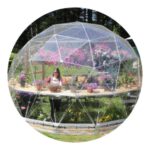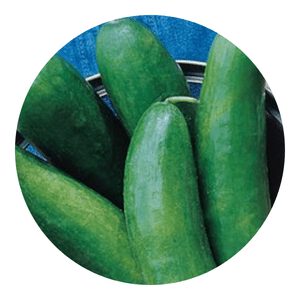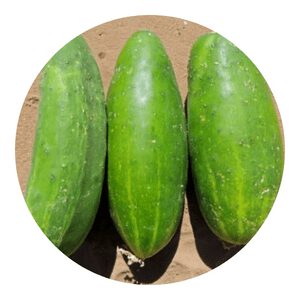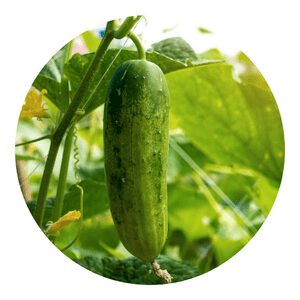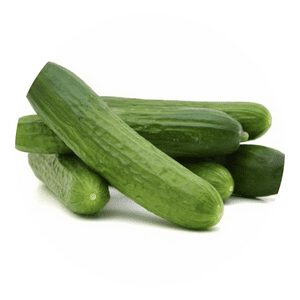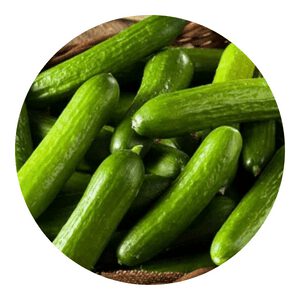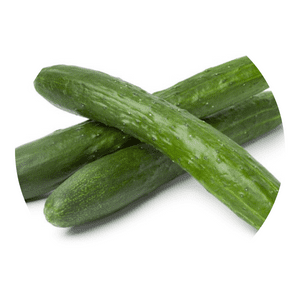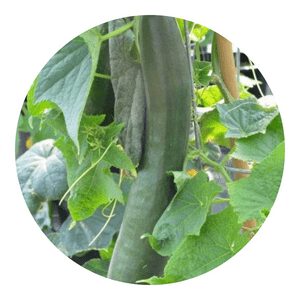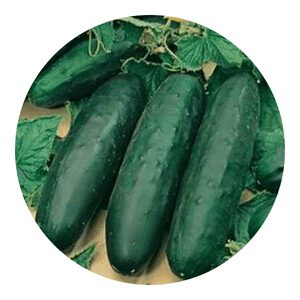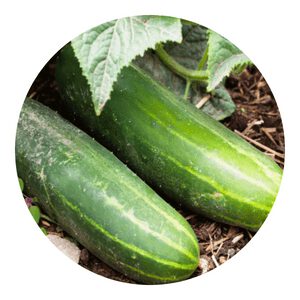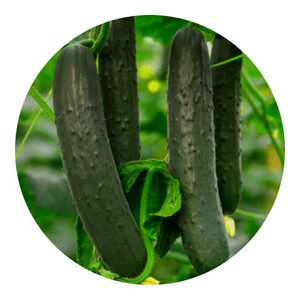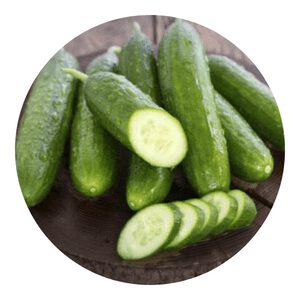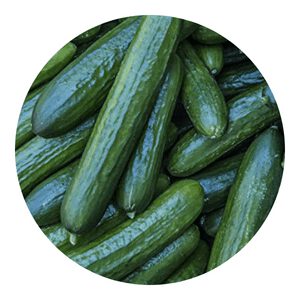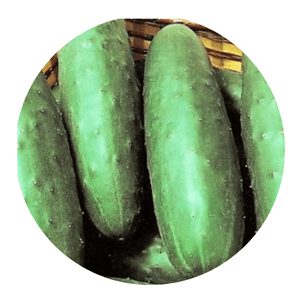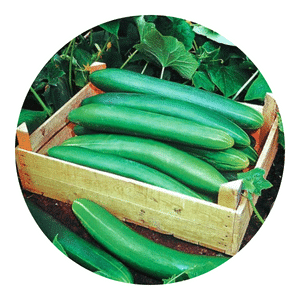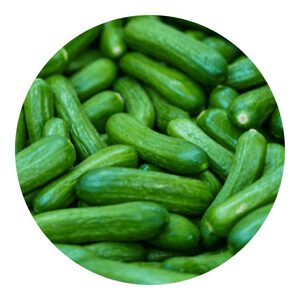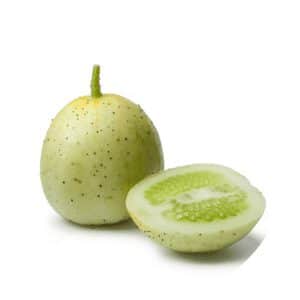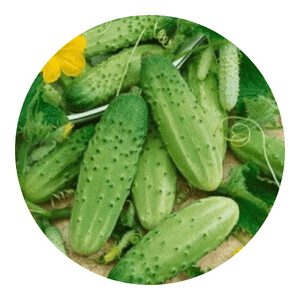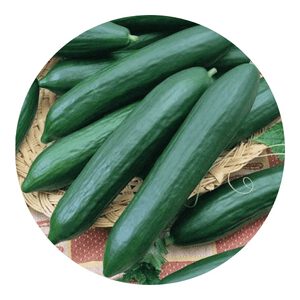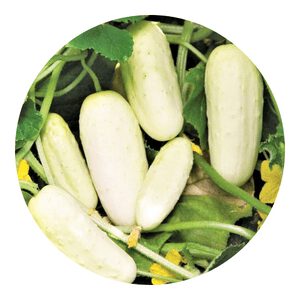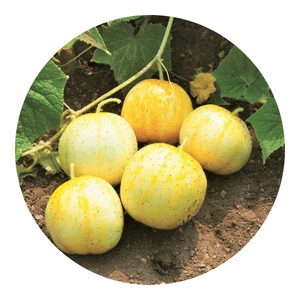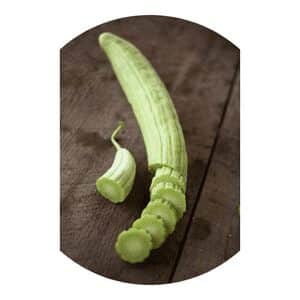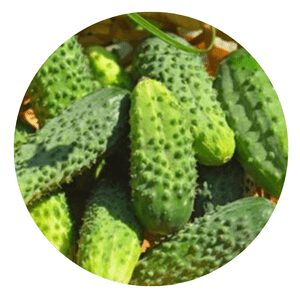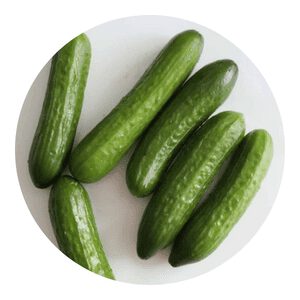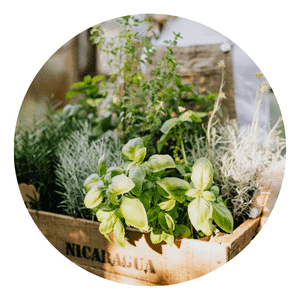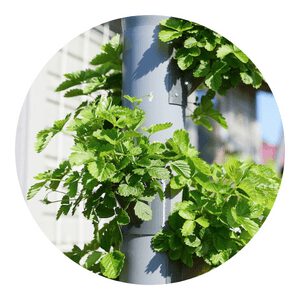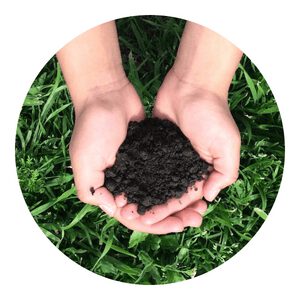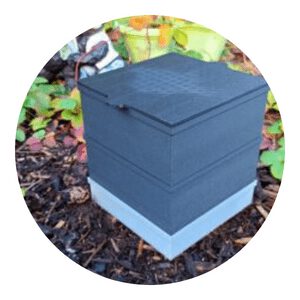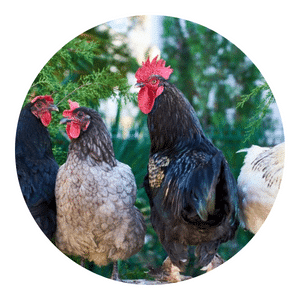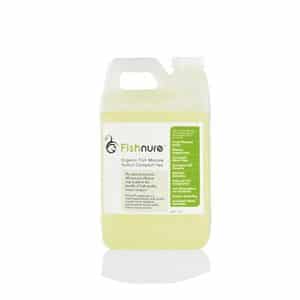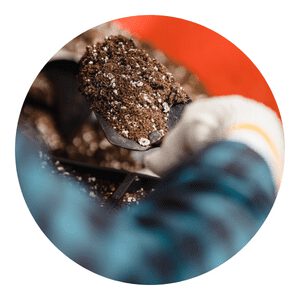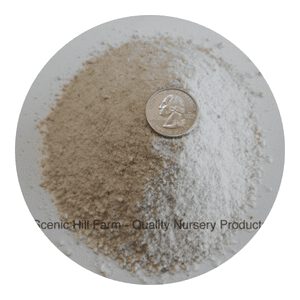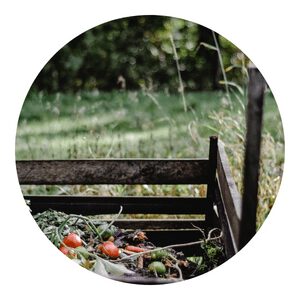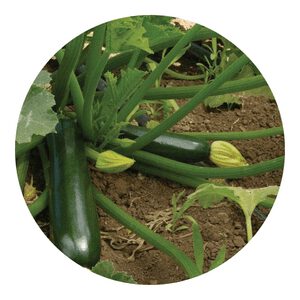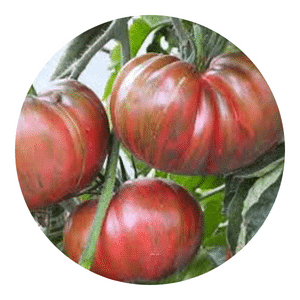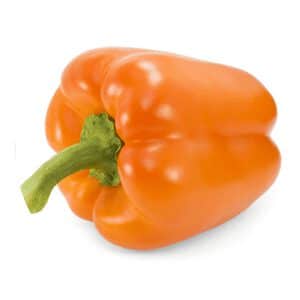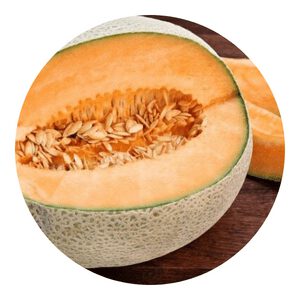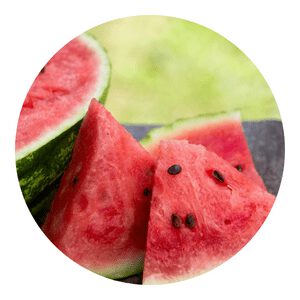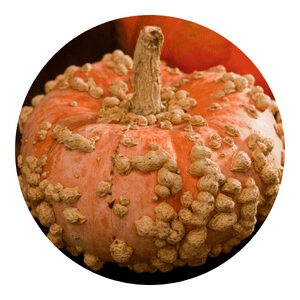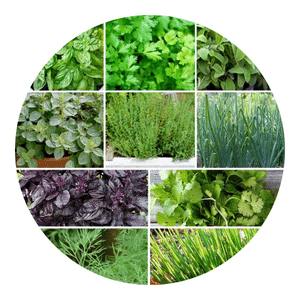How To Grow Organic Cucumbers
Cucumber is a particularly popular vegetable and one of the most useful vegetables in the kitchen.
Cucumber is an annual plant that can be grown on the ground and can also be thinned to climb.
The cucumber is a subspecies of zucchini. It is recommended to pick the cucumbers before they become soft and yellow, the cucumber can be picked when it is relatively small for making pickles.
Cucumber Menu
chappy the gardener is a well-known gardening expert, and in his new guide, he provides tips on how to grow organic cucumbers.
This guide is essential for anyone who wants to learn how to grow their own cucumbers without using harmful chemicals.
Preparing the Soil
Choose a sunny spot in your garden and amend the soil with compost
If you want to grow your own vegetables, it’s important to start with fertile soil.
You can prepare the soil yourself by adding compost or organic matter.
Start by choosing a sunny spot in your garden and amend the soil with compost or organic matter.
Cucumbers love rich, fertile soil, so this is a great vegetable to grow in your garden.
Add a few inches of compost to the top of the soil and mix it in well.
Then, plant your cucumber seeds and water regularly. In just a few weeks, you’ll be enjoying fresh cucumbers from your own garden!
Planting the Cucumbers
Sow the seeds directly into the soil and thin them as they grow organic
When you are planting cucumbers, sow the seeds directly into the soil. Thin them as they grow.
This will help them to grow organically.
Make sure that you water them regularly, and that the soil is kept moist at all times.
Watering and Weeding
Keep the soil moist but not wet and remove any weeds that pop up
Watering and weeding are two important tasks that need to be done regularly in order to maintain a healthy garden.
It is important to keep the soil moist but not wet, and to remove any weeds that pop up.
Weeds can compete with plants for water, sunlight, and nutrients, so it is important to get rid of them as soon as possible.
watering and weeding also helps prevent diseases from spreading in the garden.
Harvesting
Pick cucumbers when they are small and tender for the best flavor
Cucumbers are a refreshing addition to any meal, but they can be a little bland if not harvested at the right time.
The best cucumbers for eating are the small, tender ones that you can find at your local farmers market.
If you grow your own cucumbers, make sure to harvest them when they are less than 6 inches long.
12 cucumber seedlings usually satisfy the needs of one family
Chappy The Gardener
Cucumbers for Every Taste
From the refreshingly tart to the sweet and juicy, we’ve got a cucumber for everyone.
With so many varieties to choose from, you’ll be sure to find the perfect one for your next meal.
Storing Cucumbers
Store cucumbers in the refrigerator for up to two weeks
Cucumbers are a versatile vegetable that can be eaten fresh or cooked. They can be stored in the refrigerator for up to two weeks.
What is the best way to grow cucumbers?
The best way to grow cucumbers is by using an organic method. This will ensure that your cucumbers are free of harmful chemicals and pesticides.
To start, you’ll need to purchase organic seeds or seedlings from a trusted source.
Once you have your seeds, you’ll need to till up a patch of land in your garden where you’ll sow them.
Cucumbers need plenty of space to sprawl, so be sure to give them room to grow.
Water them regularly and fertilize them with organic compost or manure. You may also need to provide support for the vines as they grow.
Be sure to harvest your cucumbers regularly to keep them producing fruit all season long!
Cucumber Plant Climbing Frame
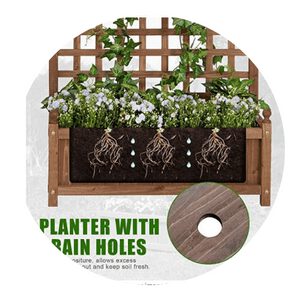
A Gardeners Best Friend: The Cucumber Plant Climbing Frame
Looking for a way to add some extra excitement to your gardening? Check out our cucumber plant climbing frame! This product is perfect for anyone who wants to add a little bit of fun to their gardening routine.
Do cucumbers need to climb?
Although cucumbers are commonly found on vines, they don’t actually need to climb to grow.
Vines provide support for the cucumber plant and help keep the fruit off of the ground, which can prevent rotting.
However, cucumbers can also be grown on a trellis or fence without any issues.
As long as the plant has something to lean on, it will be fine.
Cucumbers grown on the ground may not be as pretty as those grown on a vine, but they will still taste just as good.
How long to cucumbers take to grow?
Cucumbers are a fast-growing vegetable and can be ready to harvest in as little as 50 days.
However, the average cucumber takes between 60 and 70 days to mature.
To ensure a bountiful crop of cucumbers, start with high-quality seeds or seedlings.
Cucumber seeds can be directly sown into the garden after the last frost date in your area. If using seedlings, transplant them into the garden after all danger of frost has passed.
Cucumbers need full sun and well-drained soil to thrive.
Amend heavy clay soils with organic matter before planting to improve drainage.
Cucumbers are a warm-season crop and will not perform well in cool soils.
The optimum soil temperature for germination is 21°C (70°F).
How many cucumbers do you get from one plant?
You can expect to get about 10-15 cucumbers from one plant.
If you are growing a mini cucumber plant, you can expect to get about 20-30 cucumbers from one plant.
Should I cut off yellow cucumber leaves?
If your cucumber plant has yellow leaves, you may be wondering if you should cut them off.
While it’s not necessary to remove the leaves, doing so can help your plant stay healthy. If the leaves are small and pale, they’re probably not doing much harm.
However, if the leaves are large and yellow, they may be taking up nutrients that the rest of the plant needs.
Removing these leaves can help your cucumber plant stay strong and healthy.
What are the most common pests that affect cucumbers?
Cucumbers are a delicious and healthy vegetable that can be enjoyed in many different ways.
However, cucumbers can also be affected by pests, which can cause damage to the crop and make the cucumbers less enjoyable to eat.
Some of the most common pests that affect cucumbers include aphids, cucumber beetles, and powdery mildew.
Aphids are small insects that feed on plant sap, and they can be found on the underside of cucumber leaves.
These pests can cause stunted growth and yellowing of the leaves.
Cucumber beetles are slightly larger than aphids and are typically yellow or orange in color with black stripes. These pests feed on cucumber plants, which can cause extensive damage.
Powdery mildew is a type of fungus that affects cucumber plants, causing them to develop a white or gray powdery coating on their leaves.
Cucumbers can also be affected by viruses that reduce the size and quality of the cucumbers.
Cucumber mosaic virus and zucchini yellow mosaic virus, for example, can cause deformed cucumbers that are smaller than normal.
What are the most common diseases that affect cucumbers?
Unfortunately, cucumbers can also be susceptible to a number of diseases.
Here are some of the most common diseases that affect cucumbers:
Powdery mildew is one of the most common diseases that affect cucumbers. It is caused by a fungus that thrives in warm, humid conditions.
The fungus covers the leaves of the cucumber plant with a white powdery substance. This can cause the leaves to turn yellow and eventually die. Powdery mildew can reduce the yield of cucumbers and make them less flavorful.
Downy mildew is another common disease that affects cucumbers. It is caused by a fungus that thrives in cool, wet conditions.
The fungus causes the leaves and fruit of cucumber plants to become covered with purple or yellowish spots. The leaves may also turn yellow and die.
“Seed-borne” diseases may be caused by seed-borne fungi, bacteria, and viruses. If a cucumber plant is infected with one of these diseases, it will likely spread to other plants through the roots.
How to grow cucumbers hydroponically?
Organic cucumbers can be grown hydroponically with little to no soil.
Hydroponic cucumbers need a well-ventilated space that gets plenty of sunlight.
The plants will also need a support system to climb on as they grow.
To start, you will need to purchase a few supplies including:
-A grow light (if natural sunlight is not available)
-A trellis or other support system for the plants to climb on
-Hydroponic nutrients
-Seeds or seedlings
Once you have your supplies, it’s time to get started.
Begin by planting the seeds or seedlings in a small container filled with hydroponic nutrients.
Place the container under the grow light and keep the temperature around 70 degrees Fahrenheit.
As the plants begin to grow, train them to climb up the support system.
How long does it take to grow cucumbers hydroponically?
Organic cucumber farmers have to wait a little longer for their crop to mature than those who use conventional farming techniques.
It takes about 70 days from seed to harvest when cucumbers are grown hydroponically.
Hydroponic cucumber farmers use a soilless growing method that involves supplying the plants with nutrients through water instead of soil.
This type of farming has many benefits, such as using less water and space, and producing a higher yield per plant.
Although it takes a bit longer to grow organic cucumbers hydroponically, the end result is worth the wait!
You’ll be able to enjoy fresh, nutritious cucumbers that were grown without the use of harmful chemicals.
How to grow cucumbers in a greenhouse?
Cucumbers are a warm-weather crop, so it’s important to choose a variety and cultivar that is suited for your climate.
In general, pickling cucumbers do best in cooler climates, while slicing cucumbers prefer warmer weather.
Give your plants plenty of space to grow; cucumbers can vine out 6 feet or more. Install trellises or cages soon after planting to give the vines something to grip as they grow.
Cucumbers need full sun to produce well, so choose a spot in the greenhouse that gets at least 6 hours of sunlight each day.
Consider using reflective material on the walls and ceiling of the greenhouse to maximize the amount of light that reaches your plants.
Provide adequate ventilation to prevent heat and humidity buildup, which can lead to fungal diseases.
How do you look after cucumbers in a greenhouse?
Organic cucumbers are a delicious and healthy addition to any meal.
But how do you ensure that your cucumbers are getting the best possible care?
Here are a few tips on how to look after cucumbers in a greenhouse:
1. Make sure the greenhouse is well-ventilated. Cucumbers need lots of fresh air to stay healthy, so open up the windows and doors regularly to let in some fresh air.
2. Keep the temperature consistent. Cucumbers like it warm, so aim for a temperature of around 20 degrees Celsius during the day and 15 degrees at night.
3. Water regularly. Cucumbers need plenty of water to stay hydrated, so water them every day or two. Make sure the soil is always moist but not soaking wet – too much water can be just as harmful as too little.
The best organic fertilizer for cucumber
Organic fertilizer is the best way to go when it comes to cucumbers. This is because cucumbers are very sensitive to chemicals and can be easily burned by them.
In terms of what organic fertilizer to use, there are a few different options.
One option is compost.
Compost is made from decomposed organic matter and is rich in nutrients. It’s important to make sure that the compost is fully broken down before using it on cucumbers, as fresh compost can damage the plants.
Another option is manure.
Manure is high in nitrogen, which cucumbers need for growth.
However, it’s important to use manure from herbivores rather than carnivores, as the latter can contain harmful bacteria. Manure should also be well-rotted before using it on cucumbers.
Finally, there are worm castings.
Compost
Organic fertilizer is a great way to provide nutrients for your cucumber plants.
You can make your own compost by mixing together leaves, grass clippings, and kitchen scraps.
Once you have your compost, mix it into the soil around your cucumber plants.
This will give them the nutrients they need to grow strong and healthy.
Worm castings
Worm castings are an excellent organic fertilizer for cucumbers. They are high in nutrients and help to promote healthy plant growth.
Here are a few tips on how to use worm castings to fertilize your cucumber plants:
-Apply a thin layer of worm castings around the base of each cucumber plant.
–Water the plants thoroughly after applying the fertilizer.
–Repeat this process every few weeks throughout the growing season.
Worm castings are an excellent way to provide your cucumber plants with the nutrients they need for healthy growth.
By following these simple tips, you can ensure that your plants will thrive all season long!
Horse manure
Horse manure organic fertilizer is an effective way to fertilize cucumbers.
It is best to apply the manure in the fall, before planting the cucumbers.
This will give the manure time to break down and release its nutrients into the soil.
The manure should be applied at a rate of 2-4 pounds per 100 square feet.
To apply the manure, simply spread it evenly over the soil surface and then till it in.
Cow manure
If you want to use cow manure as an organic fertilizer for your cucumber plants, there are a few things you need to do.
First, you need to make sure that the manure is fresh and has not been sitting around for too long.
Second, you need to mix the manure with some other type of organic matter, such as compost or leaves. This will help to aerate the manure and prevent it from getting too compacted.
Third, you need to apply the manure to the soil around your cucumber plants at a rate of about 1 pound per 10 square feet.
fourth, water your plants well after applying the manure so that it can start to break down and release its nutrients.
Cow manure is an excellent source of nitrogen, phosphorus, and potassium – all essential nutrients for healthy cucumber plants.
Sheep manure
Manure from sheep is an effective organic fertilizer for cucumbers. This type of manure is high in nitrogen, which is essential for cucumber plants.
The manure should be mixed with water and applied to the cucumber plants every two weeks.
It is important to apply the manure evenly to avoid burning the plants.
Donkey manure
Organic fertilizer can be made from many different sources, but one of the most common and effective is donkey manure. Donkey manure is high in nutrients and can help to promote healthy growth in cucumbers.
Here are a few tips on how to use donkey manure organic fertilizer for cucumbers:
1. Mix the donkey manure with water in a ratio of about 1:20. This will make it easier to apply to your cucumber plants.
2. Apply the mixture to the base of the plants, taking care not to get any on the leaves or stems.
3. Water the plants thoroughly after applying the fertilizer.
4. Repeat this process every two weeks or as needed.
Goat manure
Goat manure is an excellent organic fertilizer for cucumbers. It is high in nitrogen and other nutrients that cucumbers need to grow healthy and productive.
Here are a few tips on how to use goat manure as an organic fertilizer for your cucumber plants:
1. Add goat manure to your compost pile. This will help to increase the nitrogen content of your compost, which is beneficial for cucumbers (and other plants).
2. Use goat manure as a top dressing for your cucumber plants. Simply spread a thin layer of goat manure around the base of each plant, taking care not to damage the plant’s roots.
3. Incorporate goat manure into the soil before planting cucumbers (or any other plants). This will give the plants a boost of nutrients from the start, helping them to grow strong and healthy.
Rabbit manure
Rabbit manure is a good option for organic fertilizer because it is high in nitrogen and other nutrients that cucumbers need.
It is important to compost the rabbit manure before using it as fertilizer, and it should be applied around the base of the plant.
Too much rabbit manure can burn the plant, so it is important to use it sparingly.
Chicken manure
Organic fertilizer is made from natural materials and chicken manure is one of the best options. It is full of nutrients that cucumbers need to grow healthy and strong.
Applying chicken manure to your cucumber plants will give them a boost of essential nutrients, help improve drainage, and increase the amount of organic matter in the soil.
To use chicken manure as an organic fertilizer, first compost it by mixing it with other organic materials like leaves or grass clippings. This will break down the chicken manure so that it is easier for plants to absorb.
Once your compost is ready, spread it around the base of your cucumber plants and water it in well. You can also add some chicken manure to your watering can and apply it directly to the roots of your plants.
Fish manure
Organic cucumber farmers often use fish manure as a fertilizer. This is because it is high in nitrogen, which is an essential nutrient for cucumbers. It also contains other nutrients that cucumbers need, such as phosphorus and potassium.
To use fish manure as a fertilizer, mix it with water at a ratio of 1 part fish manure to 10 parts water.
Then, apply it to the soil around your cucumber plants.
Be sure to wear gloves and a mask when handling fish manure, as it can be smelly and cause skin irritation.
Green manure
Green manure is an excellent organic fertilizer for cucumbers. It is high in nitrogen and other nutrients, and it helps improve soil structure.
To use green manure, simply till it into the soil before planting cucumbers. You can also add green manure to the compost pile.
Blood meal
Organic fertilizer is a great way to give your cucumber plants the nutrients they need to thrive. Blood meal is an excellent source of nitrogen, and adding it to your soil will help promote healthy growth.
To use blood meal as an organic fertilizer, simply mix it into the soil around your cucumber plants.
You can also add blood meal to compost or make a tea out of it and water your plants with it.
Be sure to have plenty of ventilation when using blood meal, as the smell can be quite strong.
Bone meal
Organic fertilizer can be made from many different things, but one of the best sources is bone meal.
Bone meal is rich in phosphorus and nitrogen, two essential nutrients for cucumber plants. It also contains other minerals that can help cucumber plants to grow strong and healthy.
To use bone meal as an organic fertilizer, simply mix it into the soil around the base of the plant. You can also add it to compost or top dressings.
For best results, apply it before planting or during the early stages of growth.
Alpaca manure
Alpaca manure makes an excellent organic fertilizer for cucumbers. It is high in nitrogen and other nutrients that cucumbers need to grow well.
To use alpaca manure, simply spread it around the base of the cucumber plants.
You can do this once a week or every two weeks during the growing season. Be sure to wear gloves when handling the manure, as it can be quite smelly!
Grow your own organic cucumbers!
With these easy-to-use seeds, you can have fresh, delicious cucumbers right in your own backyard.
The health benefits of cucumber
The cucumber belongs to the gourd family along with the zucchini, pumpkin, squash, melon and more.
Cucumbers and their families are mainly made of about 95% water, which means that eating cucumbers on a hot summer day can maintain moisture in the body.
In addition to water, cucumbers also contain vitamin K, B vitamins, vitamin C, copper, potassium and manganese. This is why you should eat cucumbers, not only in summer, but throughout the year.
For those of us who eat mostly fast food at stalls (hope there are none) the daily cucumber can prevent nutritional deficiencies.
Cucumbers contain unique polyphenols and other compounds that may prevent the risk of chronic diseases.
Protects the brain
Cucumber contains an anti-inflammatory flavonol called phycitin, which is apparently of central importance in brain health.
In addition to improving memory and protecting brain cells from age-related deterioration, physicin has been found to inhibit learning and memory abilities in Alzheimer’s patients.
Reduces cancer risk
Cucumber contains lignans (a subgroup of polyphenols) such as pinorcinol, larsicersinol and squisularicersinol, which help reduce the risk of: breast cancer, bladder cancer, ovarian cancer and prostate cancer.
The George Matjan Institute has found that a number of metabolic pathways necessary for the development of cancer cells are blocked by cocorbitcin.
Reduces inflammation
Cucumbers may slightly reduce the inflammatory response in the body.
Animal studies have shown that the use of cucumber extract helps in reducing unwanted inflammation, in part by inhibiting the activity of pro-inflammatory enzymes, including cyclo-oxy-genase 2 (2-COX).
Antioxidant capabilities
Cucumbers contain various antioxidants including vitamin C and beta carotene.
In addition to these antioxidants, cucumber contains flavonoids such as quercetin, apigenin, luteolin and camphorol, which add other benefits.
Are considered natural antihistamines.Campferol helps fight cancer and lowers the chance of developing a chronic disease, including heart disease.
Purifies the breath
Placing a piece of cucumber on the upper palate may help eliminate the bacteria that causes bad breath.
According to the principles of Ayurveda (Indian medicine) eating cucumbers helps in releasing excess heat from the stomach, which is considered as the main factor responsible for creating bad breath.
STRESS
The cucumbers contain many types of vitamin B including thiamine (1B), pentatonic acid (5B) and biotin (7B).
B vitamins are known to help with anxiety and act as a buffer against some harmful effects of stress (strain)
Supports a healthy digestive system
The two main components of cucumber, water (95%) and fiber (0.5%) are the two most important factors in the health of the gastrointestinal tract.
Temporary increase in the pH of the stomach. The cucumber peel contains a lot of cellulose which is an insoluble fiber in the water.
These fibers help increase the volume of the stool. This phenomenon helps the food to move faster in the digestive system without creating rot.
Maintaining a healthy weight
Although cucumber contains very few calories (15 kcal per hundred grams) it can be used as a very satisfying snack.
The soluble fiber in cucumber becomes a jelly-like texture that inhibits the digestive process (does not inhibit the breakdown of food) , And of course reduces appetite.
Supports heart health
Potassium is known to help reduce blood pressure. One hundred grams of cucumber contains about 150 mg of potassium compared to only about two mg of sodium (which raises blood pressure).
Balancing potassium inside and outside the cell is essential for the proper functioning of the body. As a positively charged electrolyte, potassium needs to maintain a concentration 30 times inside and outside the cell in order to function properly.
The role of potassium, among other things, is to react with sodium to control the passage of signals in the nervous system, muscle and heart activity.
You can enjoy the benefits of cucumber in many ways. For example in a salad such as fresh or pickled cucumber. If you are a type of smoothie, cucumber is an excellent base for vegetable juice.
When drinking fresh cucumber-based vegetable juice (plus celery, cabbage, lettuce, kale, etc.) we feel as if we have received an intravenous infusion of vitamins, minerals and enzymes, since they enter directly into the system (due to the aqueous base) and do not need to be broken down.
When your body has the necessary nutrients and the pH is optimally balanced, you feel good and energetic. This condition stimulates the immune system as well.
When the question arises: Should you invest in organic cucumbers? My answer is quite clear: yes, yes and yes.
Some growers coat the cucumbers with wax, in order to preserve it for a long time.
Usually the use is oil-based wax which is highly recommended not to eat.
You can peel the cucumber and thus avoid eating the wax, but of course in this case we lose some of the vitamins and over 80% of the minerals. In the irrigation system. In this case, of course, the hazardous substances cannot be separated from the cucumber by peeling.
The flavonoids and tannins in cucumber have been found as free radical scavengers as well as painkillers.
Even in mass medicine, cucumber is accepted as a connective tissue strengthener, relieves headaches, prevents swelling under the eyes and can be used to make an ointment that helps treat acne.
Plant Information
Organic growing conditions for cucumber:
Full sun
How to get a cucumber for organic growing:
Seeds, seedlings, in most varieties-cucumber seeds can not be sown
Irrigation conditions in cucumber cultivation:
Medium watering
Light conditions in optimal condition for growing cucumber:
Full sun
Recommended date for planting a cucumber:
Spring-autumn
Pests of the cucumber plant:
Aphids, viruses, moths, beetles, fungi
Cutting date for cucumber:
during the season
Cucumber pruning:
There is no need for pruning, but some argue that a central branch should be left and all the branching branches should be removed.
Cucumber plant size:
0.4 – 1.5 m
Cucumber growth rate:
Rapid growth
You can also grow a cucumber in a pot:
Yes
Flowering plant:
Cucumber flowering date:
Spring / summer, in the short days female flowers, in the long days male flowers
Cucumber pollination is carried out by:
Bees
General information about the cucumber flower:
A yellow flower, edible but not commonly eaten
Dilution of cucumber blossom:
Occurs when the plant is sunless, lacks fertilizer or disease
fruit:
Date of cucumber yield:
Spring-autumn (May-September, in the right crop can bear fruit all year round).
Pests in growing cucumber fruit:
Birds, lack of proper picking
What can be done with quantities of cucumber fruit?
eat
Work requirements on the cucumber fruit:
It is desirable that the fruit should not have contact with the ground
How long does it take for the cucumber to bear fruit?
1-3 months
Growing from seeds
Sowing of cucumber:
two options:
1) Put the seeds on find inert, paper, cotton wool, vermiculite and more, until it grows and from there transfer.
2) Plant directly in moist soil until it grows.
Preserving cucumber seeds until sowing:
A dark and cool place
Cucumber sowing date:
Spring summer
Sowing distance in cucumber:
15 cm
Depth of sowing cucumber:
1-1.5 cm
Conditions for sowing cucumber:
Full sun, soil moisture
Watering cucumber seeds:
Reasonable watering-
Cucumber germination time:
1-2 weeks
Cucumber germination conditions?
Moisture, watering the soil and less the leaves
In conclusion, cucumbers grown organically are the best option to avoid consuming harmful chemicals.
When cucumbers are grown without the use of pesticides, herbicides, and other synthetic fertilizers, they are healthier for both the environment and the consumer.
Choose organic cucumbers to get the most nutritious and delicious product possible.
Click To Grow
Helps Us Grow – Share If You Like



